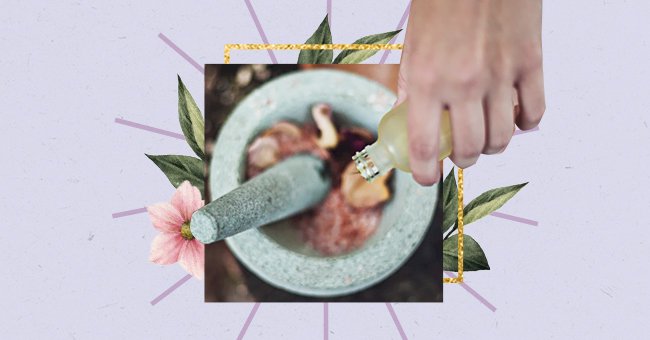
Exploring Why Natural Ingredients Aren't Always Better, Safer, Or More Sustainable
The idea that many people have is that if a product reads "natural" on the label, that it must inherently be superior to its non-natural counterparts.
We tend to trust a beauty or skincare brand that markets itself as "natural," attributing it to being sustainable or non-toxic. However, this is not always the case.
This is not to dissuade or put anyone off natural ingredients. If anything, it's a nudge to become more curious and mindful about what you choose to put on and sometimes in your body.
What Is Natural Even?
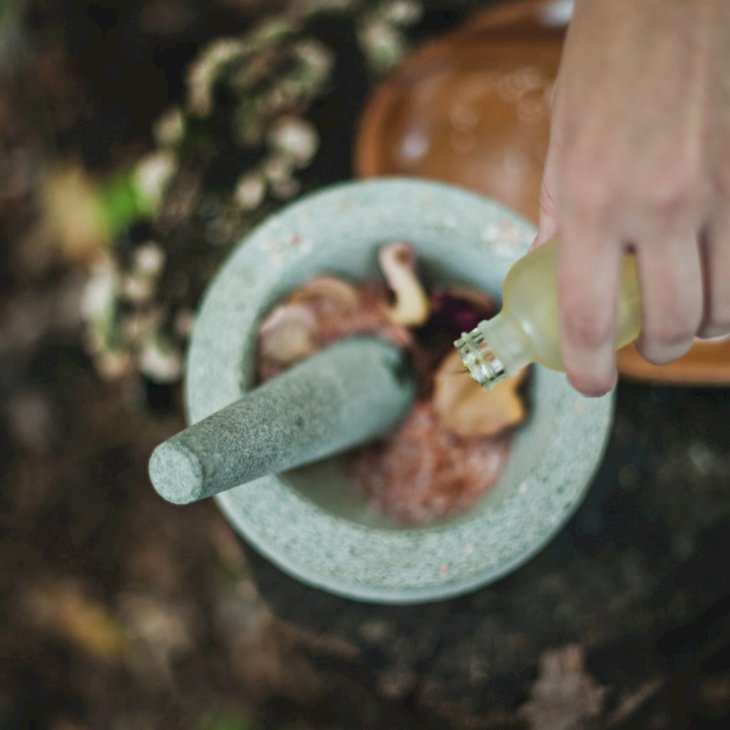
Photo by Katherine Hanlon on Unsplash
The clean beauty movement is about products and practices that are essentially non-harmful, and it encompasses ideals of sustainability, ethics, and transparency. While it's well-intended, terms like "clean," "chemical-free," and "natural" are not FDA regulated.
Considering the definition that's finicky and loosely regulated, natural could be interpreted in whatever way one wishes. Additionally, products that aren't labeled "clean" or "natural" and have chemicals may be perceived as bad for you.
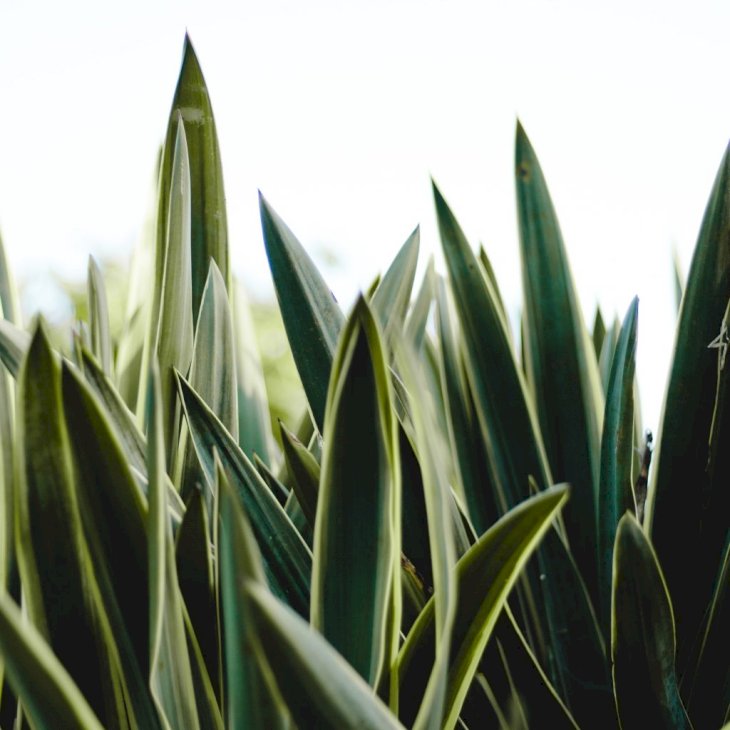
Photo by Toby Osborn on Unsplash
"For many, the word "chemical" has come to mean toxic or synthetic, something to be avoided. But everything is made of chemicals."
An article from The National Center of Complementary and Integrative Health said.
Natural Isn't Always Sustainable
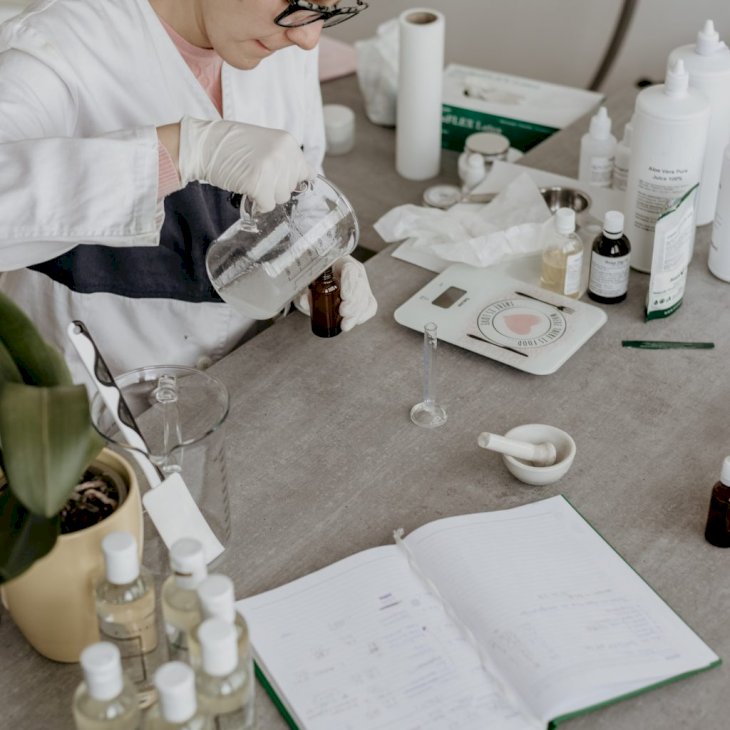
Photo by Amplitude Magazin on Unsplash
Nature is vast, and it provides for us immeasurably. However, the resources available to us for beauty products are finite, making them unsustainable in the long-term especially considering the great demand and the number of resources needed to keep the industry running.
Because of this, synthetic alternatives are necessary to save natural resources. Unfortunately, chemicals and synthetic ingredients are getting a bad rep for being toxic within the clean beauty movement. There is a place for lab-produced solutions for our beauty needs that are as or even more efficient.
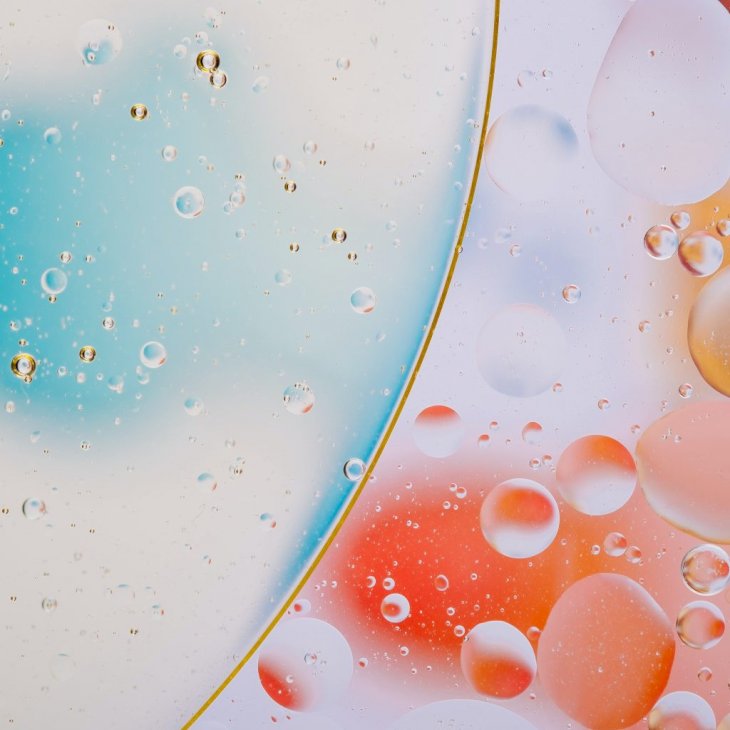
Photo by Rodion Kutsaev on Unsplash
Take squalene, for instance. The ingredient in skincare is touted for its hydrating and plumping capabilities. It was initially harvested from sharks, but following resistance from shark conservationists, scientists created an effective alternative that can be used in skincare.
Better Beauty Choices
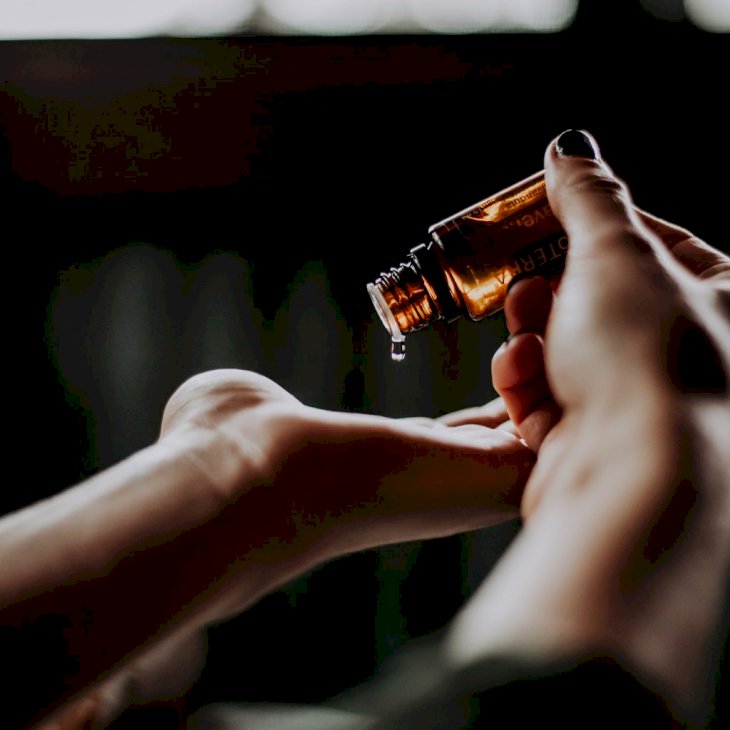
Photo by Christin Hume on Unsplash
Mia Davis, Director of Mission at clean beauty retailer Credo, advocates for education in the gray areas of "'clean' beauty."
"If we care about sustainability—and we should—we have to ask a lot of hard questions about the supply chain. There are going to be gaps [of information], but that doesn't mean we shouldn't be asking."
Davis told "Byrdie."